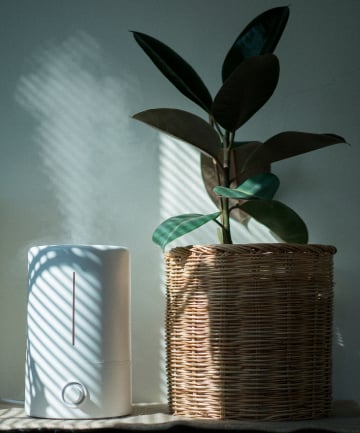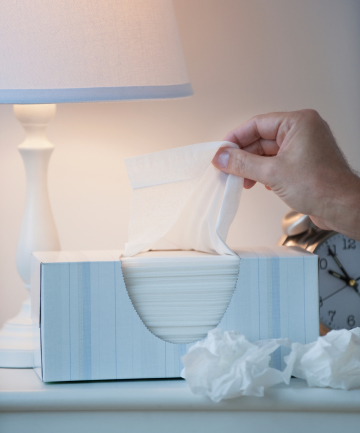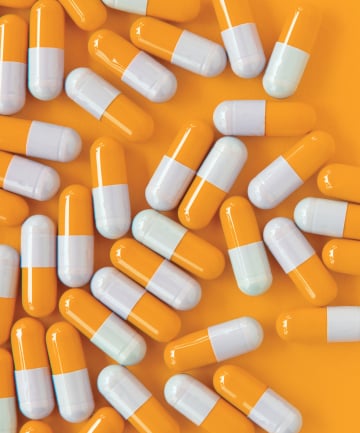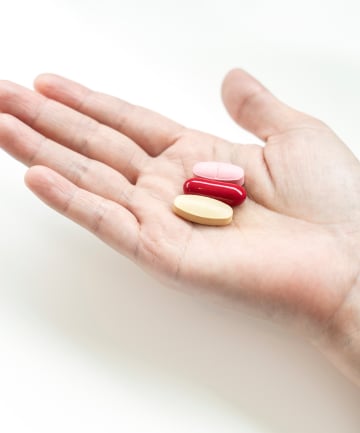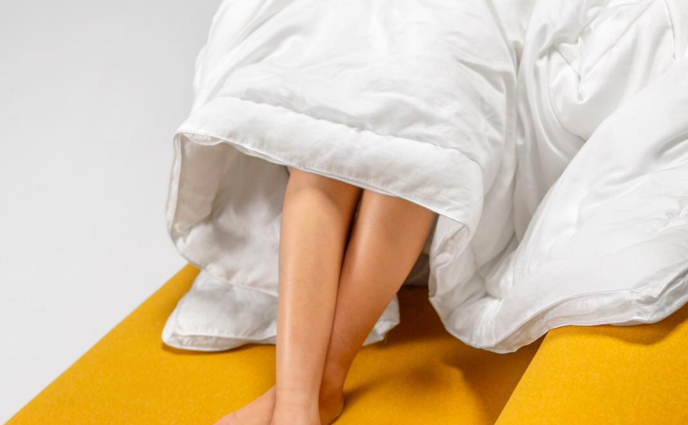Drink LOTS of fluids. Lots of water, juice and soup or warm broth will help you stay hydrated and help you feel better. You may also want to try probiotic drinks, which can help with gut health (and therefore, your overall health).
Another tip? Avoid caffeine and alcohol, as they could actually leave you more dehydrated than you started.
Image via Westend61/Getty
Another tip? Avoid caffeine and alcohol, as they could actually leave you more dehydrated than you started.
Image via Westend61/Getty
Get a humidifier or a cool mist vaporizer to add moisture to your home and help decrease the congestion you're feeling — though be sure to remember to change the water daily. Oh, and bonus: According to Dr. Richard Firshein, a good humidifier can also help ward off the flu. "The flu virus does not seem to like humidity, or it may be that your mucus membranes are more stable in humidity. Either way, humidify your home," he explains.
Image via skaman306/Getty
Image via skaman306/Getty
Get a saline spray or nasal drops so that you're not as stuffy and don't sound like you're talking in a fish bowl. These are available over the counter at any pharmacy.
Image via Tetra Images/Getty
Image via Tetra Images/Getty
This will not work as antibiotics attack bacteria, while the common cold is a virus. Even if you have leftover antibiotics from a previous illness (which you shouldn't, as you should always take a full course of antibiotics), do not take them: Using them in the wrong way contributes to the problem of antibiotic resistant bacteria.
Image via Ponsulak Kunsub/EyeEm/Getty
Image via Ponsulak Kunsub/EyeEm/Getty
There are studies that say taking vitamin C supplements could help lessen the duration of a cold. Similarly, zinc lozenges have also been shown to speed up recovery time. Echinacea may also be helpful. "Typically, I recommend immune booster supplements like cordyceps, zinc and vitamin D," says Dr. Firshein.
Image via somdul/Getty
Image via somdul/Getty



